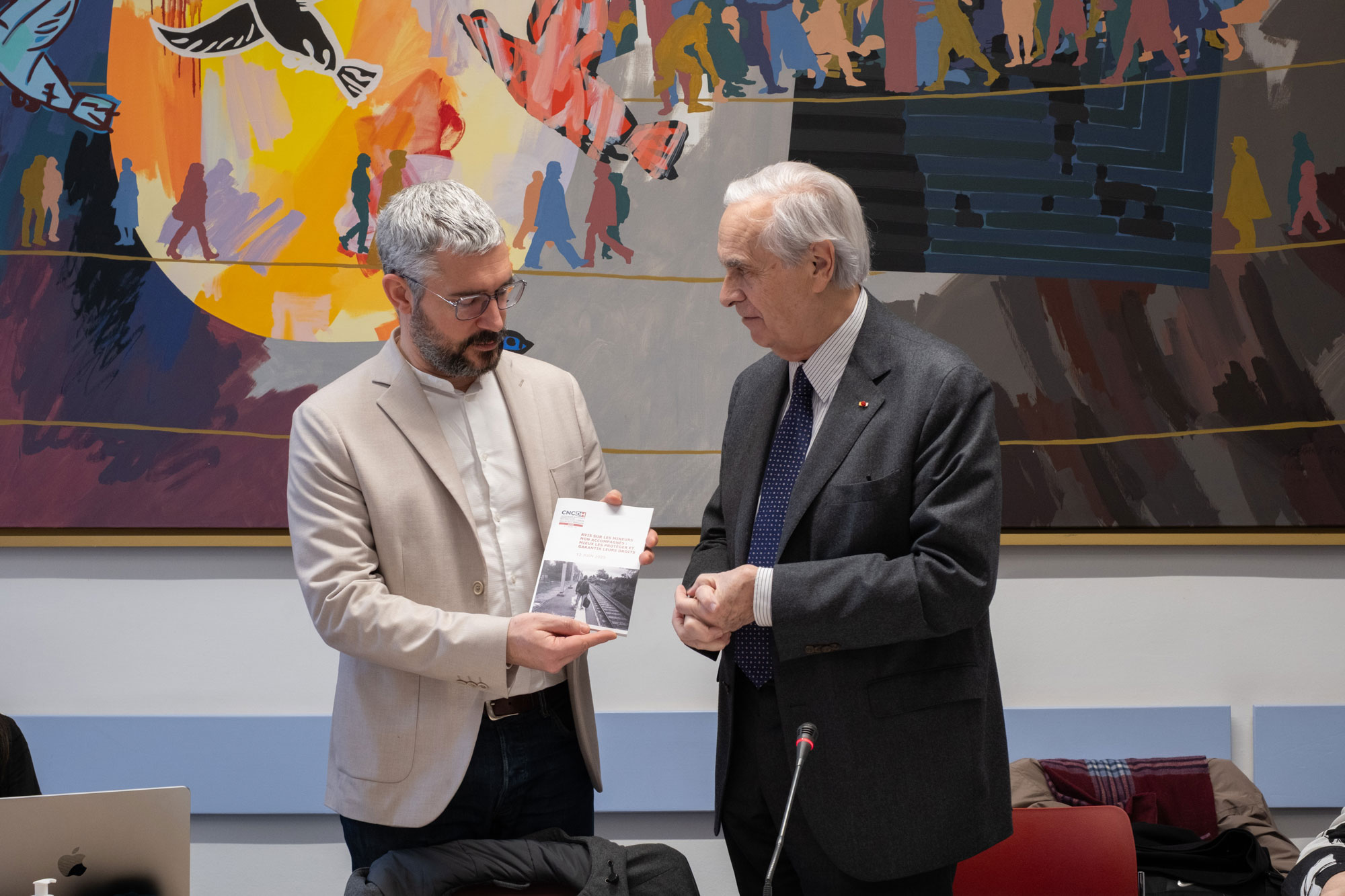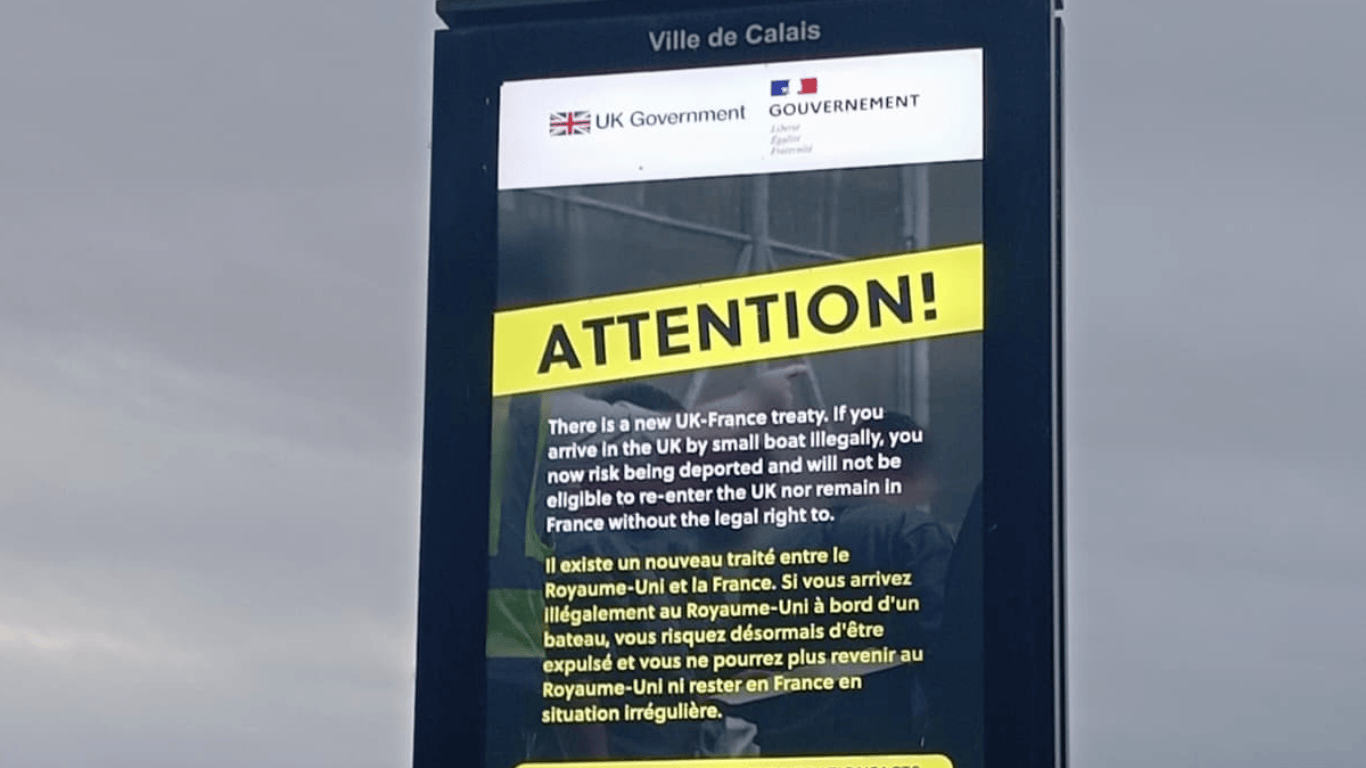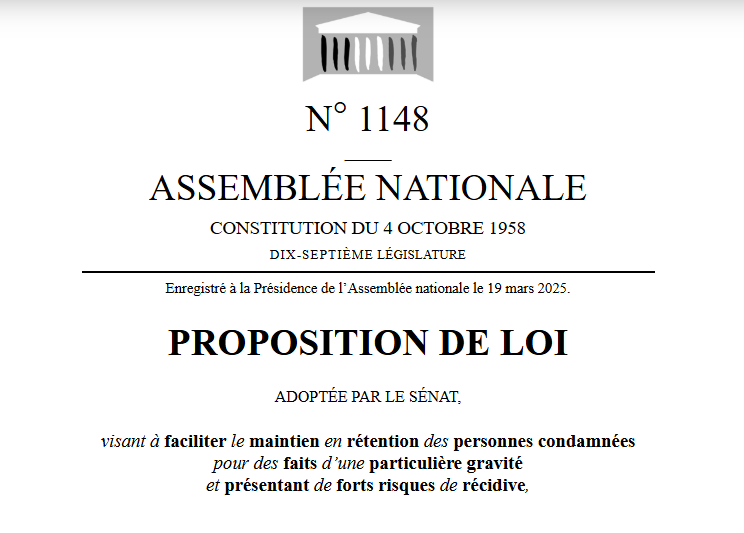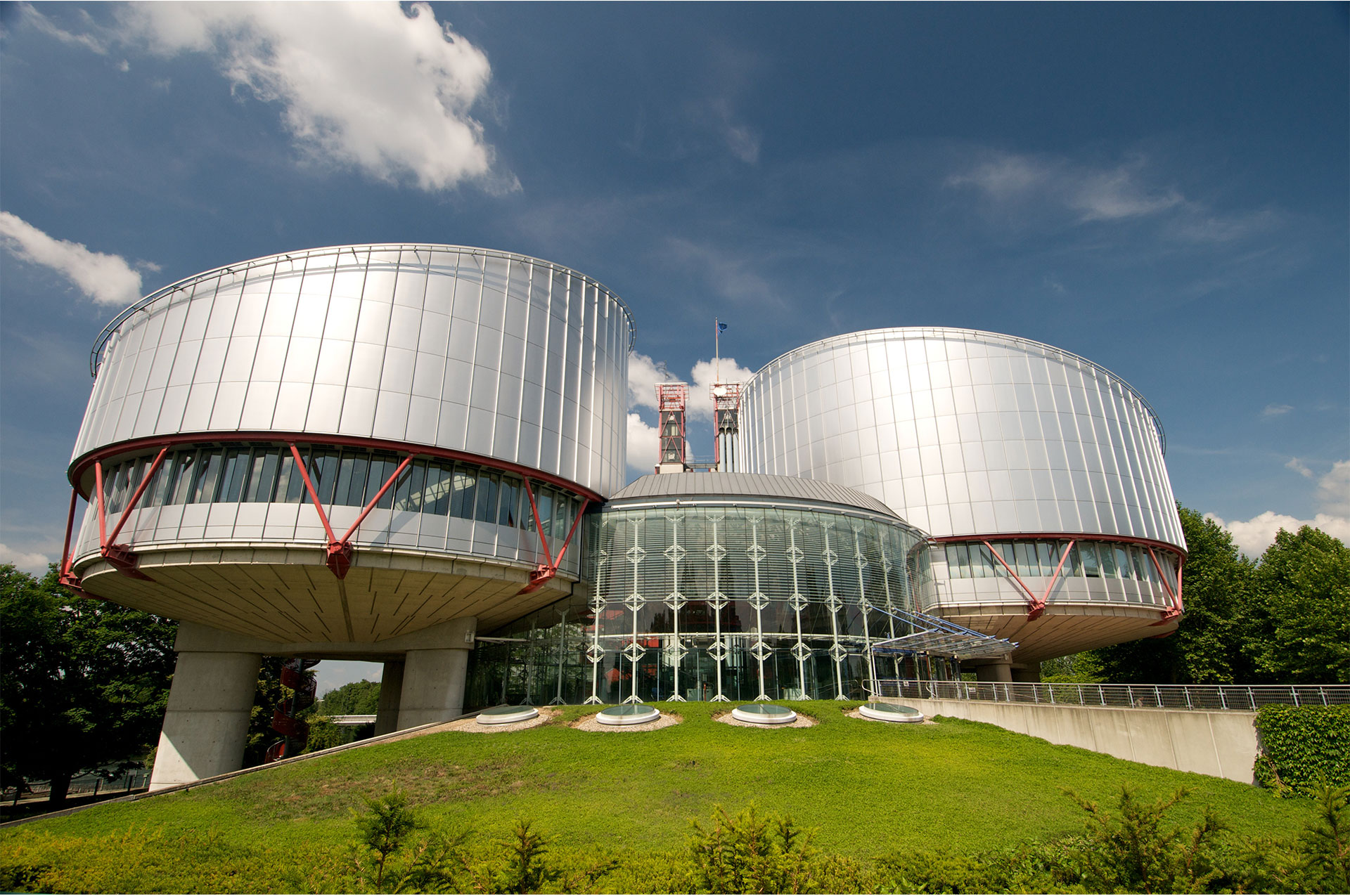ENNHRI restates its concerns regarding the human rights situation of migrants, asylum seekers, refugees and persons in need of international protection under the current management of migration flows both at European Union’s borders and across the wider European territory.
Date d’adoption
10 mars 2017
Thème
Asile et Immigration
ENNHRI
Téléchargements
Mis à jour le 26 janvier 2022
On the occasion of its General Assembly meeting, ENNHRI restates its concerns regarding the human rights situation of migrants, asylum seekers, refugees and persons in need of international protection under the current management of migration flows both at European Union’s borders and across the wider European territory.
ENNHRI acknowledges that long term solutions will require actions not only from EU states but also from many regions across the globe and concerted efforts by a variety of actors to address the root causes of the mass exodus of individuals from various regions to seek asylum elsewhere.
ENNHRI is deeply worried that the crisis situation that has been steadily unfolding in Europe and its neighbouring continents over the past years has turned into a crisis of Europe itself and threatens the very pillars of the European Union and the Council of Europe – human rights, solidarity and the rule of law.
ENNHRI recalls that the right of access to asylum and the prohibition of refoulement constitute fundamental pillars of refugee law and human rights law, including the 1951 Geneva Convention relating to the Status of Refugees, the European Convention on Human Rights and the Charter of Fundamental Rights of the European Union (EU).
ENNHRI is deeply concerned about the increasing violence at the European borders and the increasing numbers of pushbacks of migrants and refugees across those borders and in the Mediterranean. Further, ENNHRI regrets, with concern, that the European Commission recommended, for the fourth consecutive time, to reactivate the refugee return mechanism under the Dublin system.
ENNHRI emphasises the need for solidarity with the countries whose refugee reception and protection mechanisms are suffering tremendous pressure. We urge all EU member states to at last live up to their commitments made to relocate 160,000 persons in clear need of international protection by September 2017.
In light of bilateral arrangements between the EU and third countries stemming from the recent conclusions of the Council of the European Union and the Malta Declaration of 3 February 2017 we call upon all European states, the EU institutions, the Council of Europe, and all the international organizations involved to undertake all necessary actions and act in a spirit of responsibility, solidarity and sincere cooperation.
We urge them to take immediate measures with a view to ensuring:
- the strict observance of the principle of non-refoulement;
- the unhindered, timely and effective access of asylum seekers to the international protection procedures;
- the effective implementation of the decisions of the European Court of Human Rights regarding the obligation to protect migrants attempting to enter Europe by sea
- the careful review of EU migration policy and particularly of the Dublin system in light of the EU and its member states’ international obligations;
- a more equitable numerical distribution of refugees across Europe; and
- the use of alternatives to detention or closed reception centres.
Given the current context of growing racism and the perceived conflation between migration and terrorism, European NHRIs urge State authorities to take all necessary measures in order to prevent hate speech and discriminatory practices and start to develop and implement long-term integration measures such as educational strategies, labour market policies and social integration measures.
ENNHRI, including all European NHRIs, is committed to promote and protect the human rights of all migrants, refugees, asylum seekers and persons in need of international protection, based on NHRI mandates at the national, regional and international levels.
NHRIs are designed to be critical partners of their governments, and they stand ready to cooperate fully with States to take into account all human rights implications of actions developed in response to the current migration situation in a spirit of solidarity and non-discrimination.
Date d’adoption
10 mars 2017
Thème
Asile et Immigration
ENNHRI







